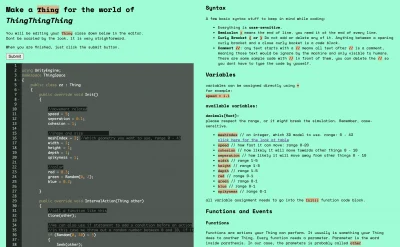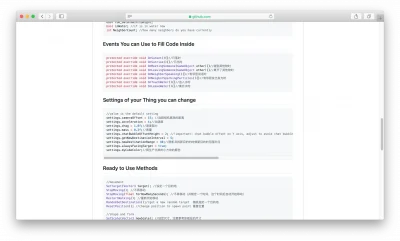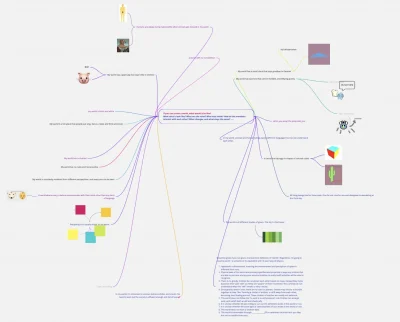The Introspection Game
by Power Nap
A poetic narrative generated by your own body, The Introspection Game sends you to a journey within, using Oculus Rift, a breath sensor, and a pulse sensor.
Participants are invited into an empty room one at time, wearing a breath sensor waistband, a pulse sensor, and an Oculus 3D head-mount. Once the Virtual Reality experience starts, the participant is temporarily teleported into a virtual space resembling the actual room he/she sits in.

Depending on the breathing pattern, the participant gradually descends upon a land surrounded by infinite ocean. As breaths become ocean waves, heart beats become both audible and visible, the participants gradually start to direct their attention inwards, becoming aware of less obvious body senses.
Power Nap Studio
Power Nap is a research oriented interactive art and design studio. It produces simulations, games, web and mobile experiences and interactive installations. Their work has shown in places like The Palace Museum of China, Cleveland Museum of Arts, MoMA, National Museum of China, Power Station of Arts and many more.
Power Nap Studio (ZZYW LLC) commits to research and produce Interactivity and Generativity. They work closely with clients to help them reach their goals through creativity. Immersive installations, simulations, mobile apps, video games are the common forms of Power Nap Studio outcome.
They are a small, agile, and interdisciplinary team comprised of designers, researchers, full-stack engineers, game developers, digital artists, sound engineers, filmmakers, writers, and electronic engineers. With nearly a decade long experience working in the field, Power Nap Studio is on a mission to produce digital interactivity that is meaningful and memorable.


